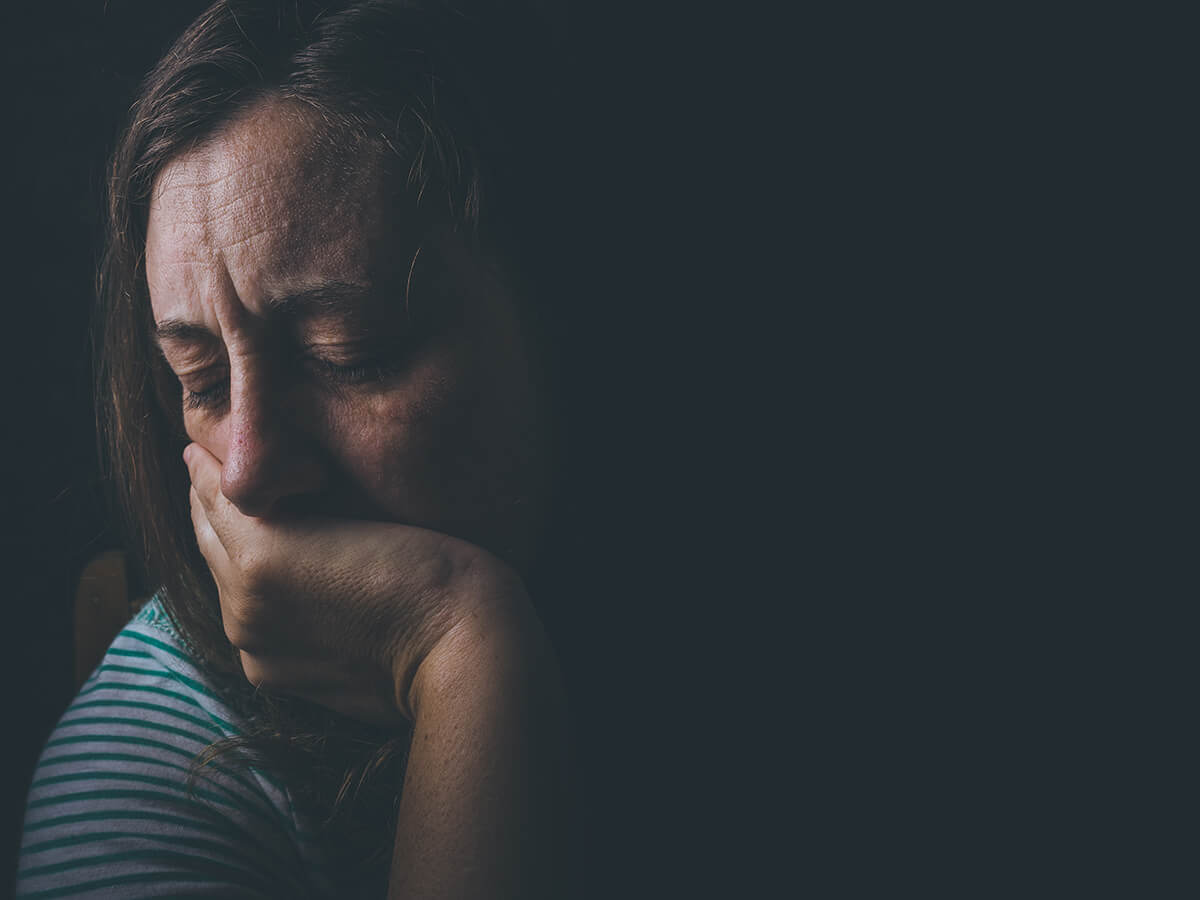Podcast: Download
Subscribe: RSS
The discovery that someone you love and trust has sexually abused your child is extremely stressful and can bring up intense feelings of shock, denial, disbelief, anger, confusion, guilt and helplessness.
The following story from The National Child Traumatic Stress Network’s pamphlet on intrafamilial sexual abuse reveals some of these common thoughts and feelings that parents often have:
“Christina was a 12-year-old girl whose father, Michael, had been sexually abusing her for more than a year. One night, a neighbor called the police to report a violent argument between Christina’s parents. When the police and Child Protective Services representative interviewed Christina, she told them what Michael had been doing to her and was removed from the home. At first, Christina’s mother, Joanna, did not support or believe her daughter. Joanna was financially dependent on her husband and terrified of his violent temper. A recent immigrant, she had no family in the States, and was embarrassed to talk about Michael’s behavior with her few friends. When Michael had been violent with her in the past, Joanna had always told herself that it was because she was not a good enough wife, but that he was a good father and could be trusted with their daughter. It took Joanna several months to recognize that she was a victim of domestic violence, and to accept that her daughter had indeed been sexually abused. The hardest part for Joanna was to realize just how wrong she had been and to let go of her illusions about Michael. It was crucial for Joanna to receive help that would allow her to understand that the problem lay with Michael, not with her. Once she could acknowledge this, she was able to believe her daughter, and to begin healing from her own experience of abuse. Only then could Christina and Joanna restore the trust in their mother-daughter relationship.”
When abuse is reported, caregivers sometimes feel as if they are on a roller coaster of emotions. This is a very normal reaction.
If you are a parent whose child has been abused, knowing that these feelings are normal will help you adjust and cope with your situation.
Likewise, if you are a friend of a parent whose child has been abused, knowing these normal reactions and feelings will help you be sensitive to her situation and experiences. You may want to refer to the Caregiving Basics section of our site for useful ideas on how to care for those who have experience crisis or challenging life situations.
For more information on coping with a child’s sexual abuse, refer to The Children’s Advocacy Center of Ottawa County, which is part of a nationwide network of more than 800 Children’s Advocacy Centers (“CACs”) in the United States. You may also refer to the the Childhelp National Child Abuse site to receive information on counseling or to report abuse.
Updated 2025









0 Comments